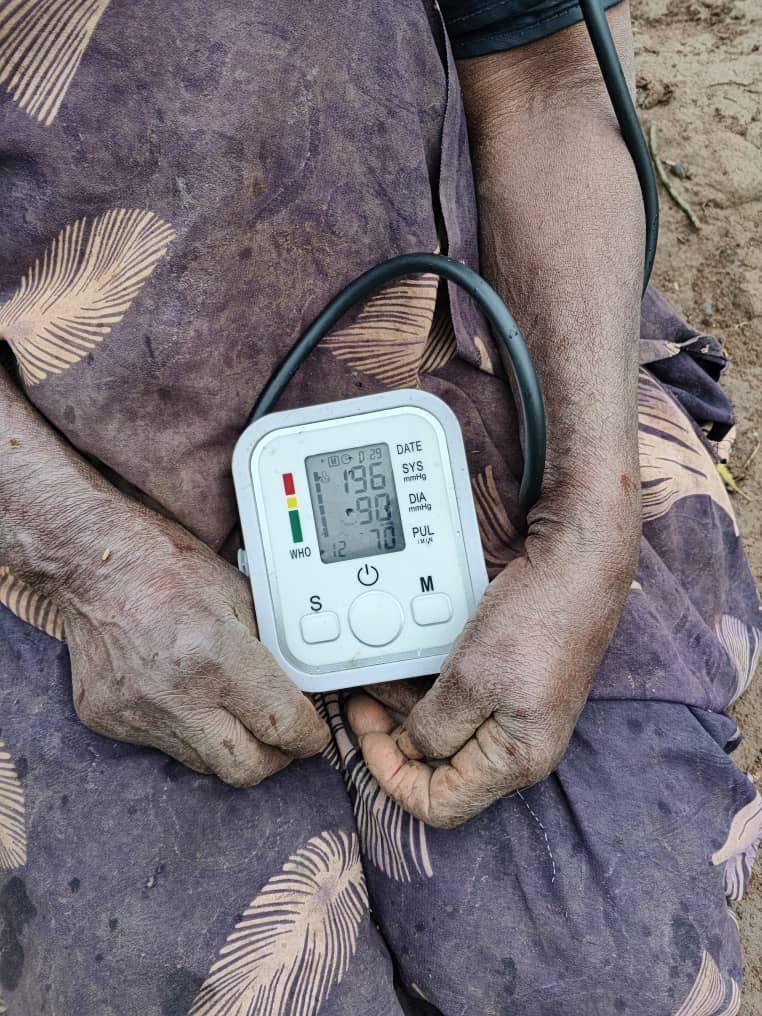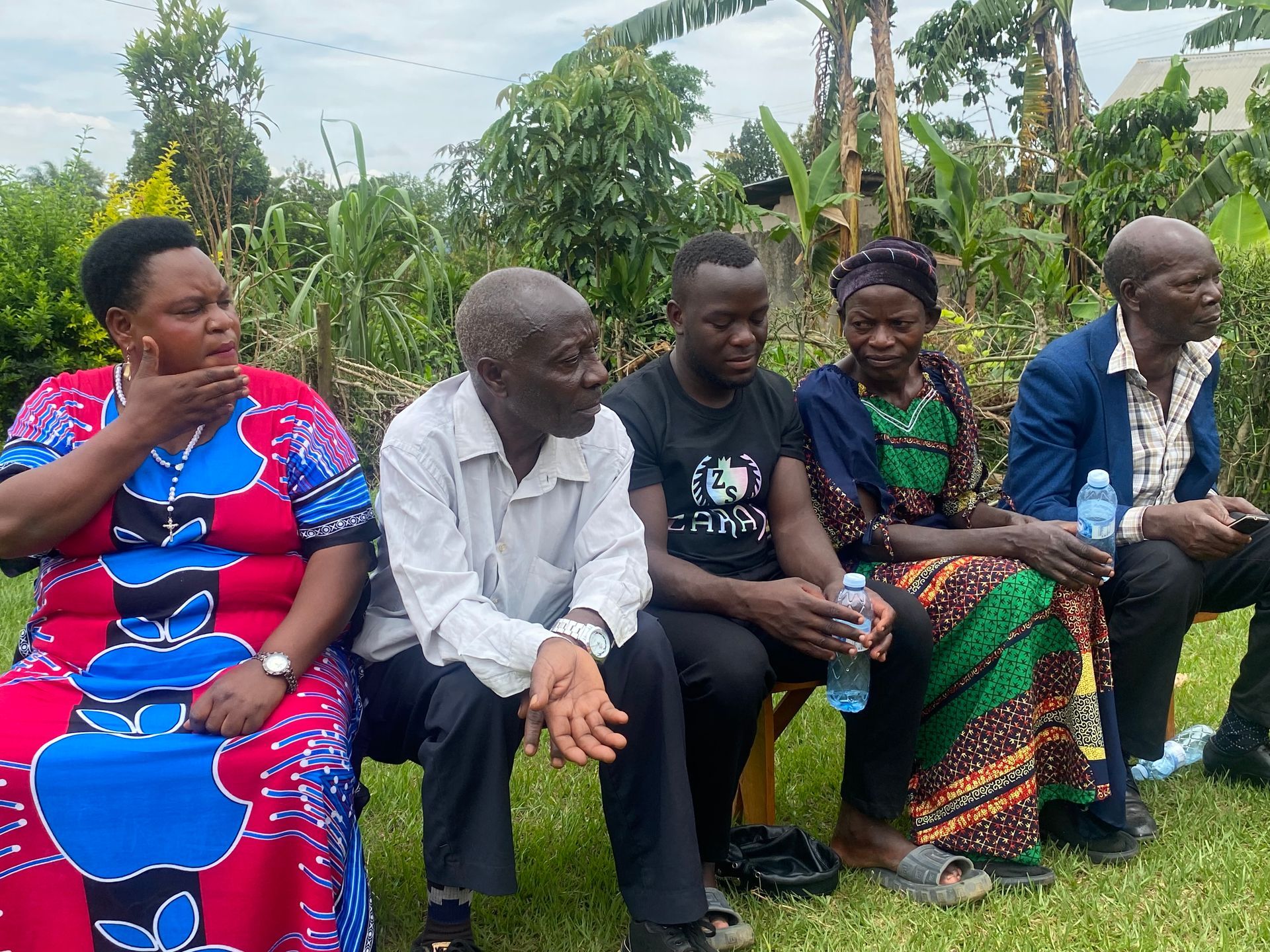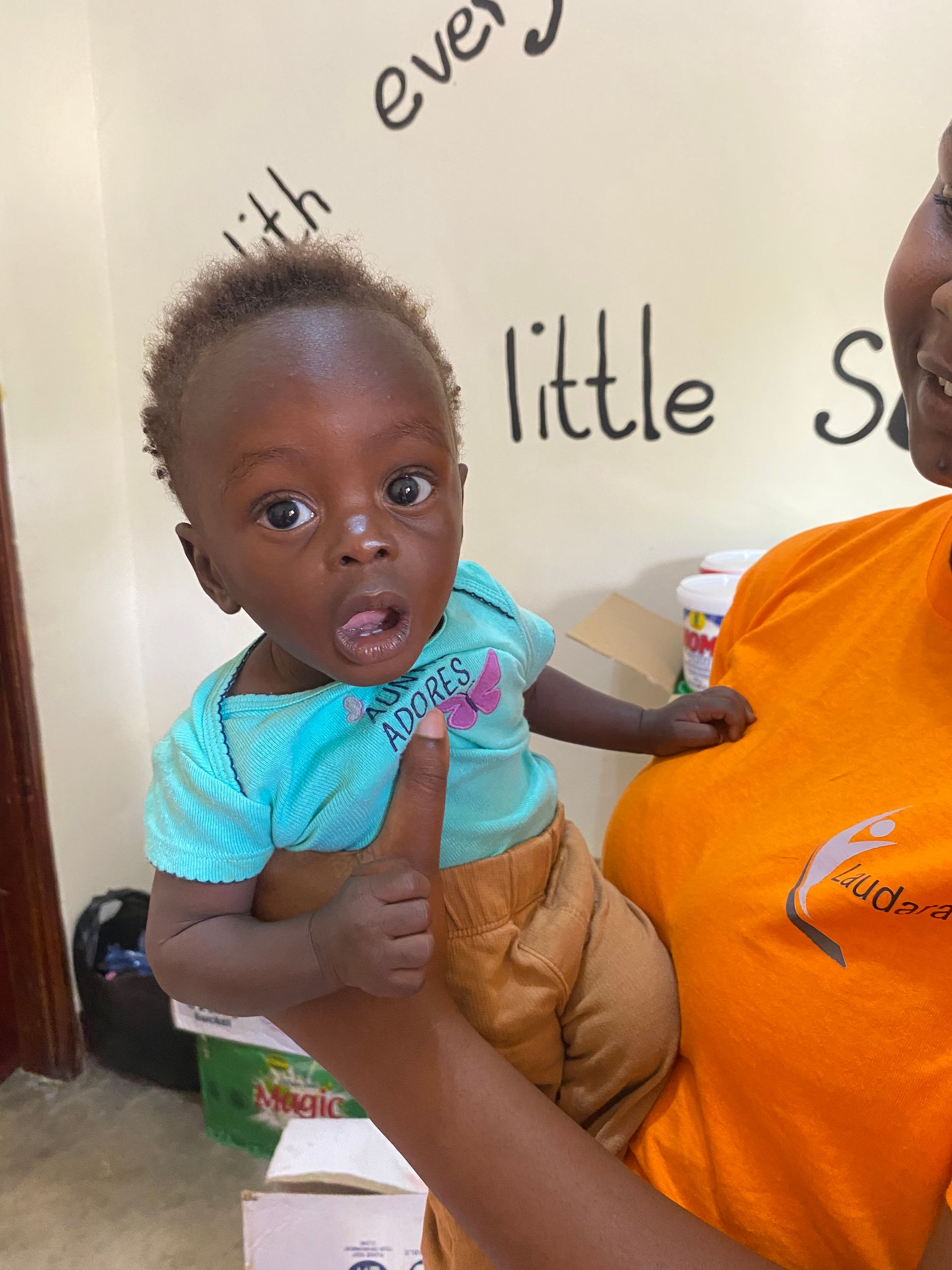Importance of Reading for Fun
Reading for fun is not just fun
Reading for pleasure (RfP), an academic term for leisure reading, has been identified as a tool to overcome low SES (Krashen, 2011a; OECD, 2010; Sullivan & Brown, 2013). Clark and Rumbold (2006) aggregated extensive research on RfP, a popular approach in the United Kingdom, where literacy development is of major concern for poverty eradication. They defined it as “reading that we do with our free will anticipating the satisfaction that one will get from the act of reading… It typically involves materials that reflect our own choice, at a time and place that suits us” (Clark & Rumbold, 2006, p.5).
Reading for pleasure is crucial for developing literacy skills and fostering a lifelong love of learning.
Encouraging children to read for fun has several benefits:
- Enhancing Comprehension Skills: When children read books they enjoy, they are more likely to understand and engage with the content, improving their overall comprehension skills.
- Expanding Vocabulary: Reading diverse genres exposes children to new words and phrases, helping to build a rich vocabulary that is essential for effective communication.
- Stimulating Imagination and Creativity: Books open up new worlds and possibilities, stimulating children's imaginations and encouraging creative thinking.
- Improving Academic Performance: Numerous studies have shown that children who read for pleasure perform better academically across all subjects, not just in language arts.
Impact on the Future: Breaking the Cycle of Poverty
Literacy is a foundational skill that significantly impacts an individual's future opportunities and quality of life. For children in Thailand, improving literacy rates can be a powerful tool in breaking the cycle of poverty:
- Access to Better Employment Opportunities: Higher literacy levels increase the chances of securing well-paying jobs, leading to improved economic stability for individuals and their families.
- Empowerment through Education: Literacy empowers individuals to pursue further education and vocational training, opening doors to diverse career paths and personal development.
- Informed Decision-Making: Literate individuals are better equipped to make informed decisions about health, finances, and civic participation, contributing to their overall well-being and that of their communities.
- Economic Growth: A literate population is a cornerstone of a strong economy. By investing in literacy, Thailand can cultivate a skilled workforce that drives innovation and economic growth.
The Tai Wisdom Association(TWA) is a child-focused, non-governmental and not-for-profit organisation, specialising in reading-based child development. They have effortlessly worked over the past two decades to promote reading for children and has been able to study the results of the development of the children who have followed the specially developed reading program. Reading for fun is not only fun, it is a crucial skill for the development of a child. And especially for children who do not have easy access to lots of facilities and live in less developed area's reading can help them to grow beyond their current situation.
Where a nation is lacking in taking action, ground root projects, like working with local schools, are able to give children in poor economic area's the tools to achieve their dreams by obtaining the necessary skills to read and a love for reading in general.
Share this post:













